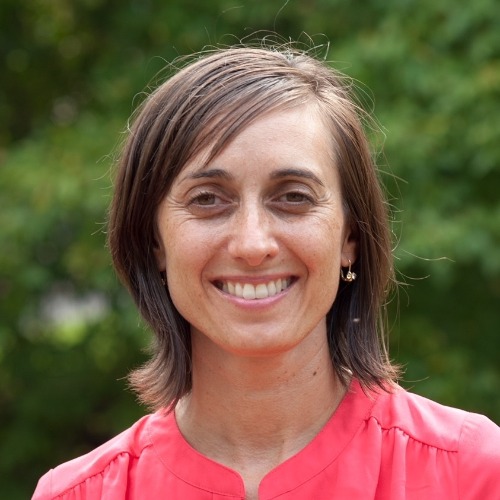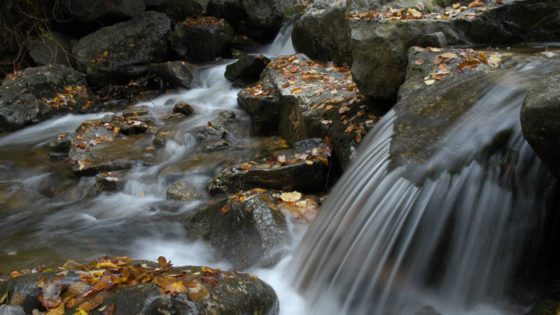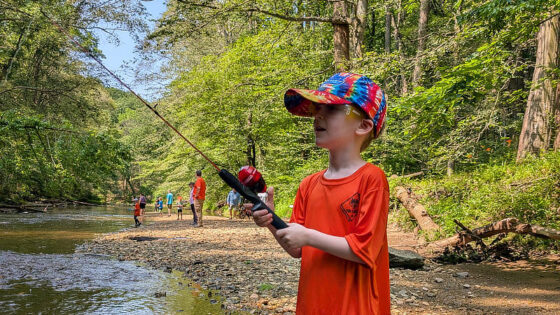Associate Director of Education and Leaf Pack Network Administrator
Education Department
Contact
tmuenz@stroudcenter.org
tel. 610-268-2153, ext. 1301
970 Spencer Road, Avondale, PA 19311
Google Scholar | Download CV
Interests and Expertise
Trained as an aquatic scientist, Tara Muenz’s interests and experiences spread wide, with a passion for all life on earth including science communication, conservation education, community science, streamside forests, landscape design, nature therapy, and creating meaningful experiences (fostering awareness, appreciation, and action) that bring people closer in a reverent relationship with the planet. She has devoted decades to traveling worldwide, assisting individuals and communities in connecting, sustaining, and understanding the planet’s resources on the physical and soul levels. Muenz practices a “less is best” way of life, often seeking the beautiful stillness of the natural world as her greatest source of joy.
Education
- M.S., conservation ecology and sustainable development, Odum School of Ecology, University of Georgia, Athens, Georgia.
- B.A., zoology, Miami University of Ohio, Oxford, Ohio.
Professional Experience
- Associate director of education and Leaf Pack Network Administrator, 2025–present.
- Assistant director of education and Leaf Pack Network Administrator, Stroud Water Research Center, 2015–2024.
- Education program manager and Leaf Pack Network administrator, Stroud Water Research Center, 2014–2015.
- State coordinator, Georgia Adopt-a-Stream, Atlanta, Georgia, 2009–2014.
- Lead research technician, Aquatic Biology Laboratory, Joseph W. Jones Ecological Research Center, Newton, Georgia, 2004–2009.
- Graduate research assistant, University of Georgia/Jones Ecological Research Center, Athens, Georgia, 2000–2004.
Publications
A digital mayfly swarm is emerging
Spider fauna of three geographically isolated wetland types in southwestern Georgia
See all publications by Stroud Center authors
Related News
Leaf Pack Monitoring Finds Invasive New Zealand Mud Snail in Ridley Creek
Teachers Dive into Conestoga River Ecology and History
Enhancing Environmental Literacy With Watershed Education in Delaware Schools
PA ELIT Network Launches Hubs for Educator Professional Development




